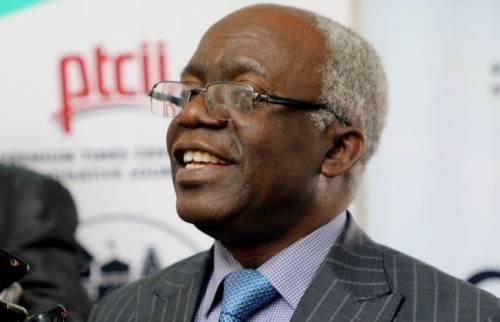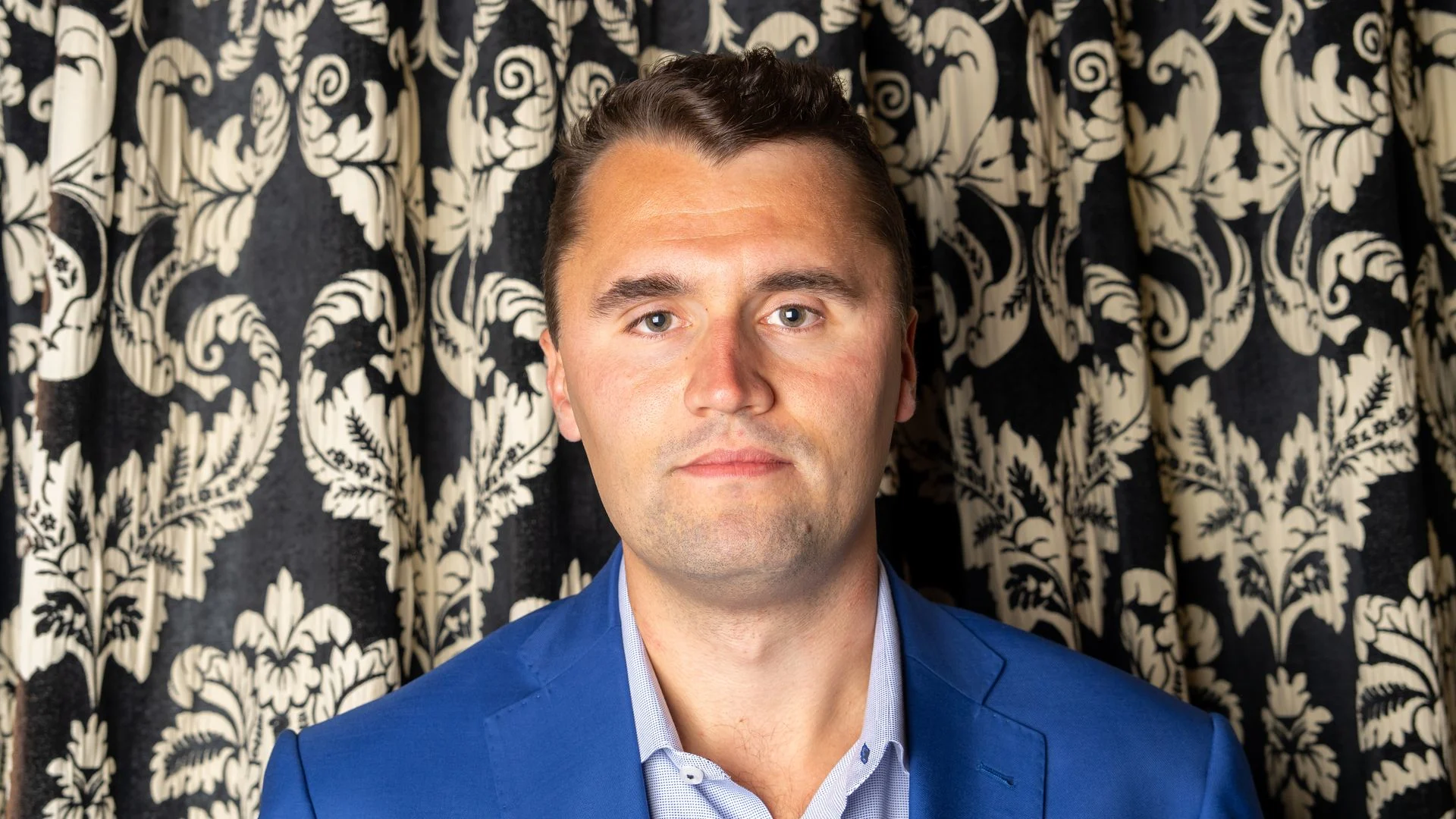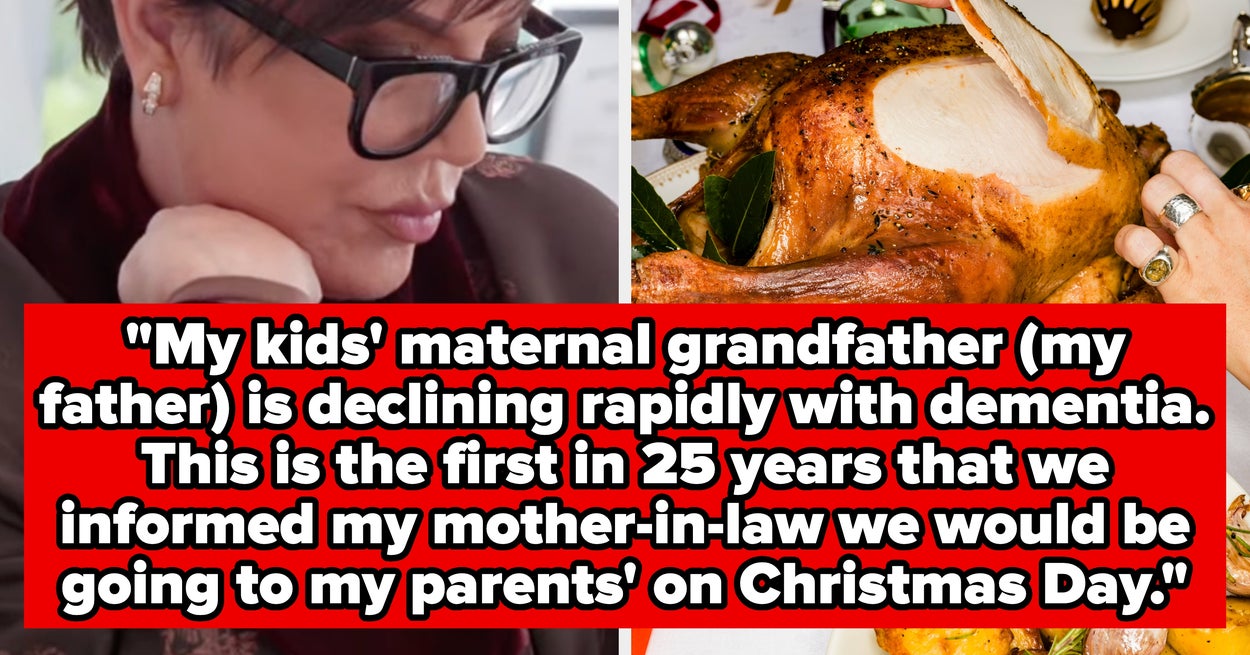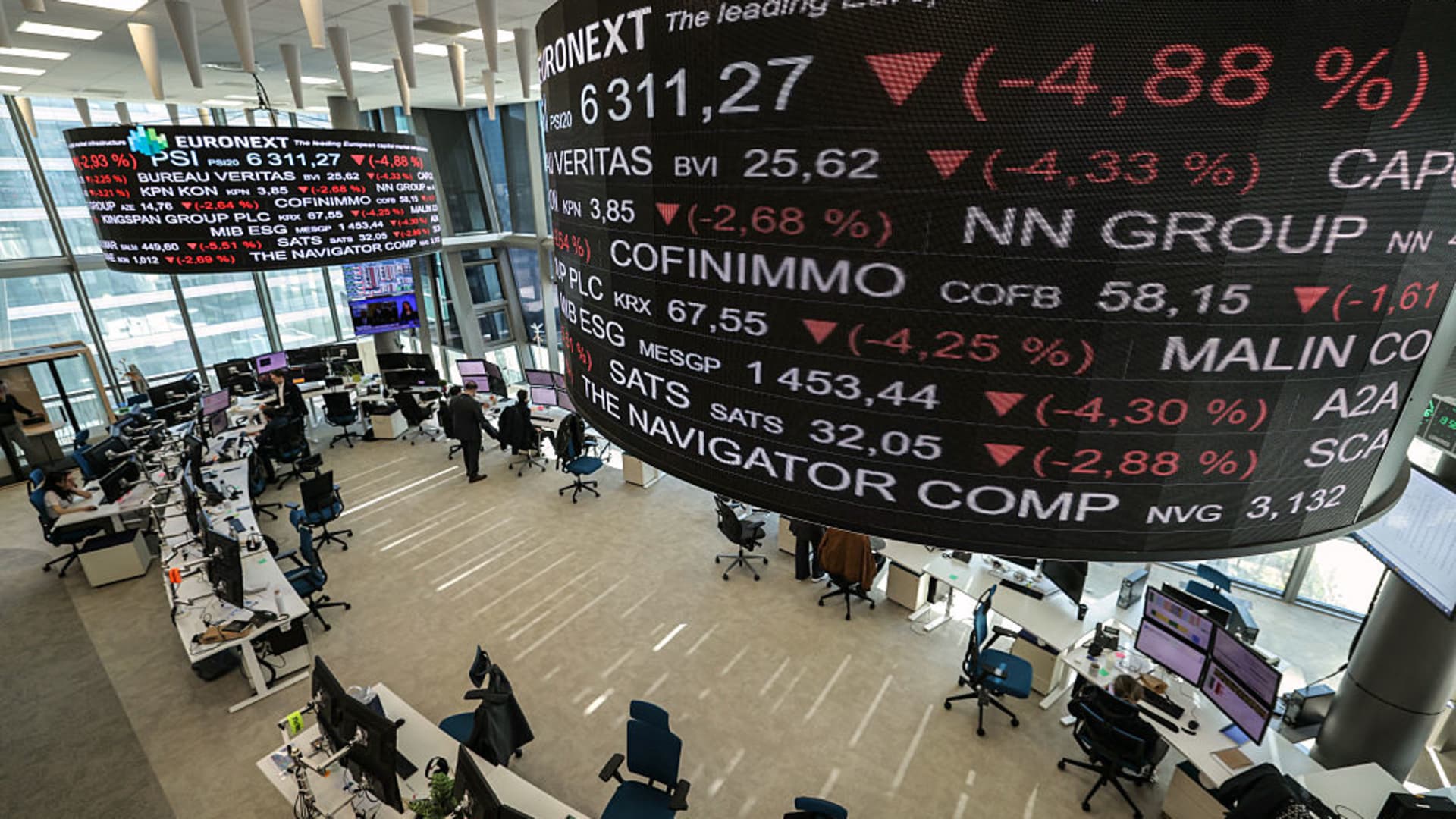By Tolulope Popoola
Copyright businessday

Human rights lawyer Femi Falana (SAN) states that the removal of petrol subsidy in Nigeria was imposed by the World Bank and the International Monetary Fund (IMF), not a domestic policy choice.
Speaking on Channels Television’s Sunday Politics, Falana said no country in the world has eliminated subsidies.
“There’s no way you can remove subsidies completely; no country in the entire world has abolished subsidies completely,” he said. “Even leading Western countries like the United States, the United Kingdom, France and others subsidise electricity, agriculture and many aspects of people’s lives.”
He argued that international financial institutions compelled Nigeria to take the step. “As a matter of fact, if I must say this, it was the World Bank and the International Monetary Fund (IMF) that insisted that the government must remove all subsidies,” he said.
President Bola Tinubu ended the petrol subsidy on May 29, 2023, during his inauguration, while the Central Bank of Nigeria (CBN) announced the unification of all forex market segments soon after. The twin policies have triggered record inflation and worsened living conditions for Nigerians.
Falana also opposed plans for a proposed five per cent fuel surcharge, urging the government to remit funds already owed to the Federal Roads Maintenance Agency (FERMA) instead of imposing new taxes.
He cited section 14 of the FERMA Act 2007, which established a five per cent fuel user charge—40 per cent for federal roads and 60 per cent for state roads—but said it was never implemented.
Between 2007 and 2011, FERMA confirmed that no funds were remitted despite deductions from petrol prices at source by regulators. We asked FERMA in 2011 how much was collected; they replied that the government never gave them a kobo,” Falana said.



